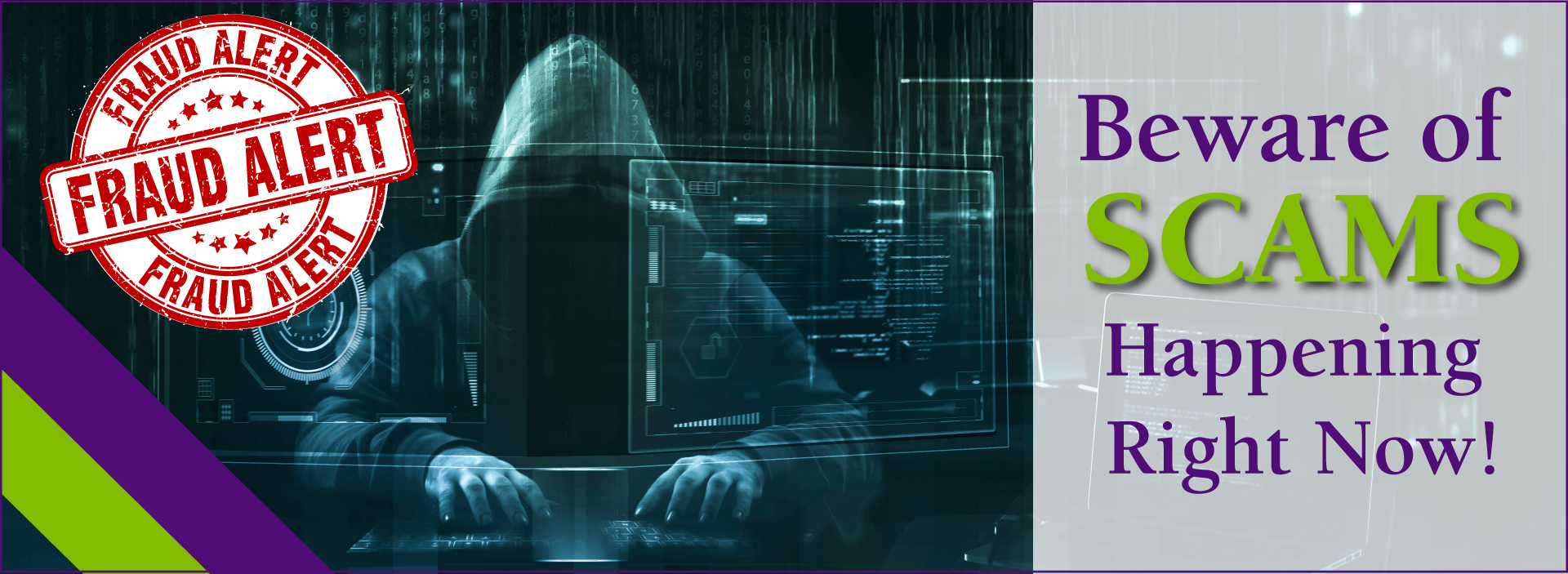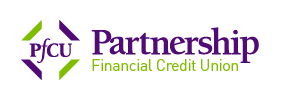 Below are some common scams that are happening now and how you can protect yourself.
Below are some common scams that are happening now and how you can protect yourself.
Phone Banking Fraud
Phone banking fraud is a scam that is becoming increasingly commonplace. The fraudsters do not actually scam their victims online but use the telephone to do so. Here’s how it works:
However, the person on the other end of the call is not your bank or card issuer, but a fraudster.
You may also be asked to give your cards to a courier sent by the ‘bank’ or ‘police’ to ensure that they have been stopped, or for evidence. This is known as ‘Courier Fraud’.
The risks
- You provide your account details and answers to security questions to fraudsters
- Your bank account is emptied and/or cards used to their limit
- You could become a victim of identity theft because you have revealed confidential financial and personal information
How to avoid phone banking fraud
- A bank or payment card company will never ask you to transfer money out of your account to another that you do not recognize, so hang up immediately.
- If you do think that the call may be authentic and you choose to call your bank or card issuer, call the number on your bank statement or another document from your bank – or on the back of your card, and NOT a number given to you by the caller or the one you were called from.
- Never provide financial or personal details to a caller, but call back on a number you know to be authentic. Many scammers have the ability to spoof authentic numbers to fool you into thinking that they are genuine.
Phishing Scams
With phishing, scammers use texts and emails to trick individuals into giving up personal information. The information they want includes passwords, Social Security numbers, account numbers, and more. Their goal is to access your personal accounts, such as email accounts and bank and other financial accounts.
Phishing scams are popular because of the accessibility of reaching large numbers of people through email and text messages. The FBI reported that Americans lost more than $57 million in phishing scams alone in 2019. Phishing emails and texts often look as if they are sent from trusted companies you may already know. Typically, phishing scams require you to click on a link and complete an action like confirming personal information. The message may even mention suspicious activity on a personal account.
Overpayment Scams
If you provide services or sell products online, you could fall victim to an overpayment scam. Overpayment scams typically begin with someone sending you a counterfeit check or money order for more than the amount owed. Then, they ask you to deposit the money in the bank and wire the difference back to you.
Unfortunately, since the check was fake, you could owe the bank a returned check fee. You’re also out any funds you wired to them and the product if you shipped it.
Check-Cashing Scams
Another scam involving checks is the check-cashing scam. This scam preys on the compassion and generosity of other people. An individual approaches you outside of a bank or other financial institution asking if you will cash a check for them. They may mention that they don’t have an account at this particular bank but need the money.
You can deposit the check and pull cash from your account to pay the person their funds. However, the clearing process can take several days. So, when the check doesn’t clear, the funds are held against your account.
Text Scams
Cyber hackers often disguise themselves as trusted institutions like your credit union to sway you into giving up your password, PIN, or other personal credentials. The message may read something like: Dear customer, PFCU is closing your bank account. Please confirm your PIN at www.fakewebsite.com to keep your account activated. Messages of this nature also contain urgent language such as “If you don’t reply within 24 hours, your account will be closed.” Cobb says it’s best to go directly to the credit union that is purporting to send you this scary message. It may require a call to your credit union, but at least you’ll have confirmation from the source that your personal credentials are safe.
Hot to Protect Yourself and Your Accounts from Fraud
Scams will likely be around for as long as people continue to fall for them. You can protect yourself and your bank account by following the tips below.
Create a Code Word for Your Credit Union. Create a code word that your credit union can ask you to confirm that it is you.
Don’t cash checks for other people. You may want to help other people, but never cash a check in exchange for cash unless you know the person well.
Do your homework. Read and inspect everything. Whether it’s an email, text or arrives in another form, always read the fine print. If an offer looks suspicious or too good to be true, it probably is.
Don’t share personal information. With the correct information, scammers can access almost every aspect of your life. This includes financial and other accounts, as well as stealing your identity. Never share account numbers, Social Security numbers, credit card numbers or passwords with anyone—unless you know the person or know it’s a legitimate request.
Avoid high-pressure sales tactics. Don’t accept sales pitches that pressure you to act quickly without first reviewing the fine print.
Avoid paying fees. If you’re sent any offers, prizes or job openings that require an up-front fee, chances are it’s a scam. The same goes for offers from unverified sources that require bank account information in order to redeem or claim them.
File a complaint. If you feel you’ve been the victim of a scam, report it to the proper authorities. Your financial institution should offer a way to file a complaint if you suspect you are the victim of a scam. The amount of your financial responsibility may depend on your financial institution’s rules and the type of account in question.
Use your best judgment. If something doesn’t feel right to you, don’t move forward—whether it’s giving out personal information or clicking on an email link. Lastly, always call us at 847.697.3281 if you suspect fraud or have any questions.



